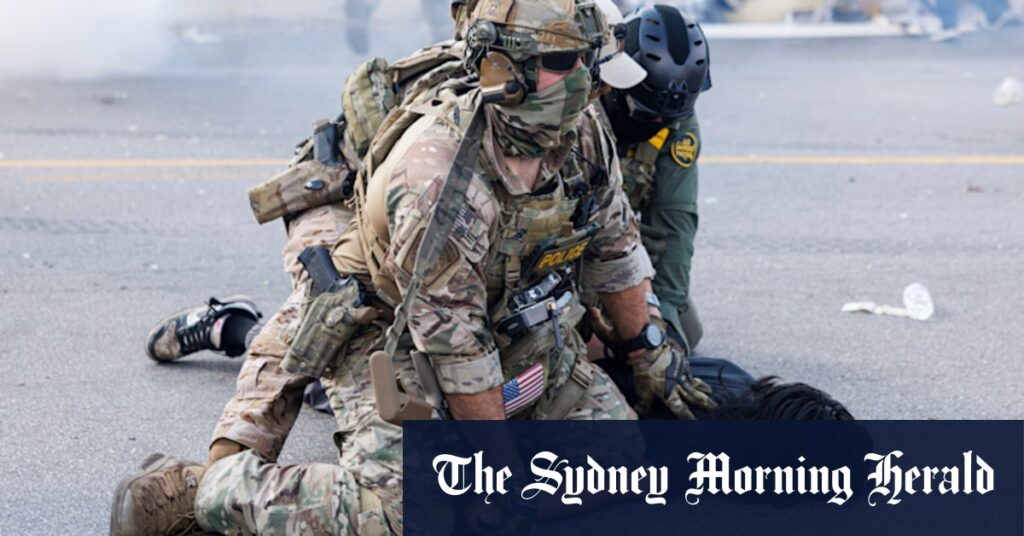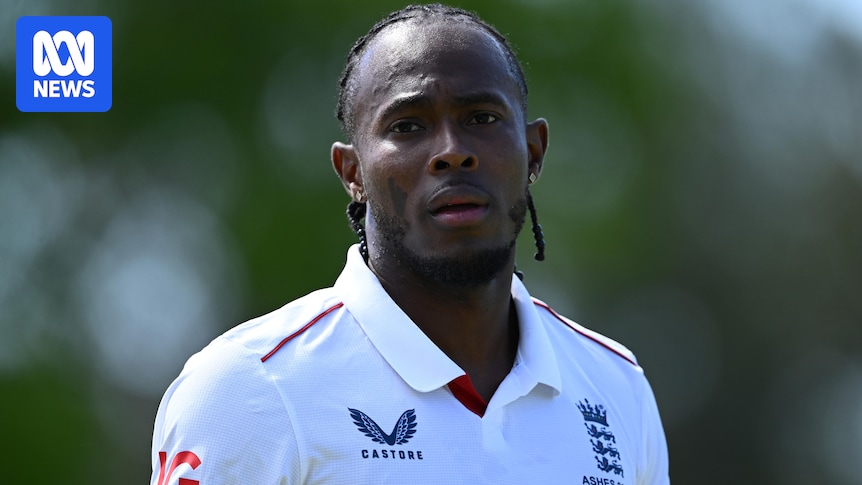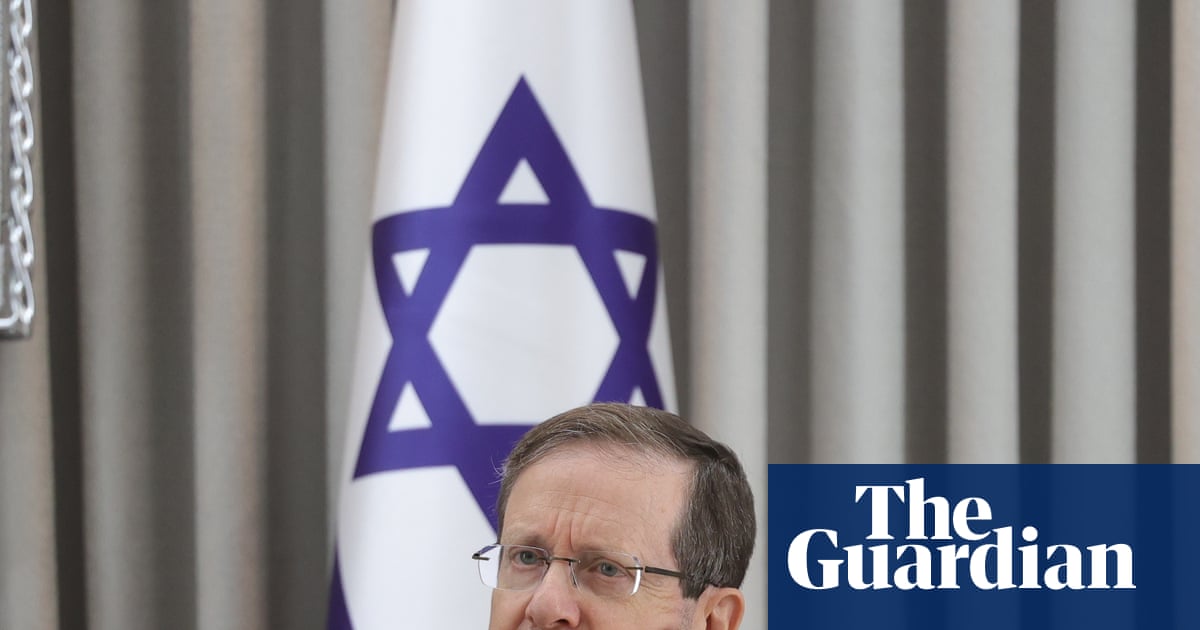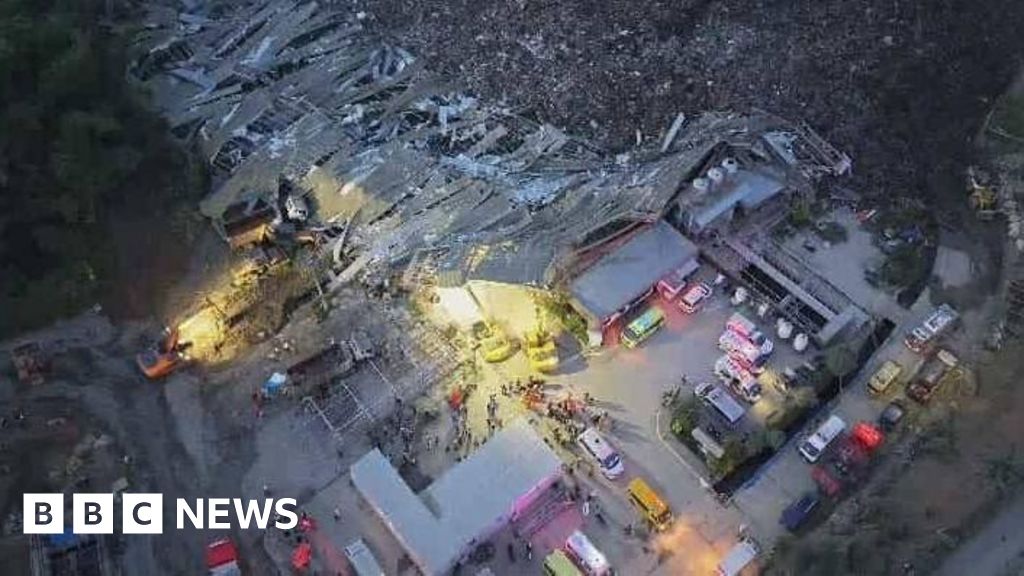
US President Donald Trump authorized the deployment of 300 Illinois National Guard troops to protect federal officers and assets amid ongoing protests in Chicago on Saturday, marking the latest escalation in his use of federal intervention in cities. The move has sparked significant backlash from state leaders, who argue it oversteps legal boundaries.
Simultaneously, a similar mobilization of 200 National Guard troops in Oregon was temporarily halted after a federal judge determined Trump was likely overstepping his authority in response to relatively small protests near a US Immigration and Customs Enforcement (ICE) building in Portland. This legal pushback highlights the contentious nature of federal interventions in local matters.
Federal Intervention Sparks Controversy
White House spokeswoman Abigail Jackson confirmed the president’s authorization of the Illinois National Guard deployment, citing what she described as “ongoing violent riots and lawlessness” that local leaders have not quelled. The Department of Homeland Security (DHS) also reported that federal agents had shot a woman on Saturday morning in Chicago, claiming it occurred after Border Patrol agents were “ambushed by domestic terrorists.”
The woman, Marimar Martinez, was allegedly driving one of the vehicles involved in the incident and was reportedly armed. She was taken to the hospital and later discharged into FBI custody. Another individual, Anthony Ian Santos Ruiz, was also apprehended, according to DHS.
Local Leaders Push Back
Illinois Governor J. B. Pritzker expressed strong opposition to the federal intervention, stating, “It is absolutely outrageous and un-American to demand a governor send military troops within our own borders and against our will.” This sentiment was echoed by Oregon Governor Tina Kotek, who refused to deploy state troops, prompting Trump to order the deployment himself. This action led to a lawsuit from city and state officials.
US District Court Judge Karin J. Immergut temporarily blocked the Portland deployment, stating that the small protests did not justify federal troop involvement and could undermine state sovereignty.
“This country has a long-standing and foundational tradition of resistance to government overreach, especially in the form of military intrusion into civil affairs,” Immergut wrote.
Historical Context and Implications
Trump’s characterization of cities like Portland and Chicago as “war zones” has been met with skepticism, as local officials argue his claims often rely on outdated images from 2020 protests. The president’s actions have drawn comparisons to historical instances of federal intervention, raising questions about the balance of power between state and federal governments.
Federal Attorney-General Pam Bondi has directed Justice Department agencies, including the FBI, to protect ICE facilities in affected cities. This directive aligns with Trump’s broader strategy of deploying federal forces to cities he deems in crisis, such as Baltimore, Memphis, and several Californian cities.
Looking Ahead
The ongoing clash between federal and state authorities underscores the complex dynamics at play in addressing civil unrest. As protests continue, the legal and political ramifications of these federal interventions remain uncertain. The situation in Chicago and Portland may set precedents for future federal actions in other cities.
With governors like Pritzker and Kotek standing firm against what they perceive as federal overreach, the debate over the appropriate use of federal force in local matters is likely to persist. The outcome of legal challenges and public opinion will shape the trajectory of these interventions in the coming months.






